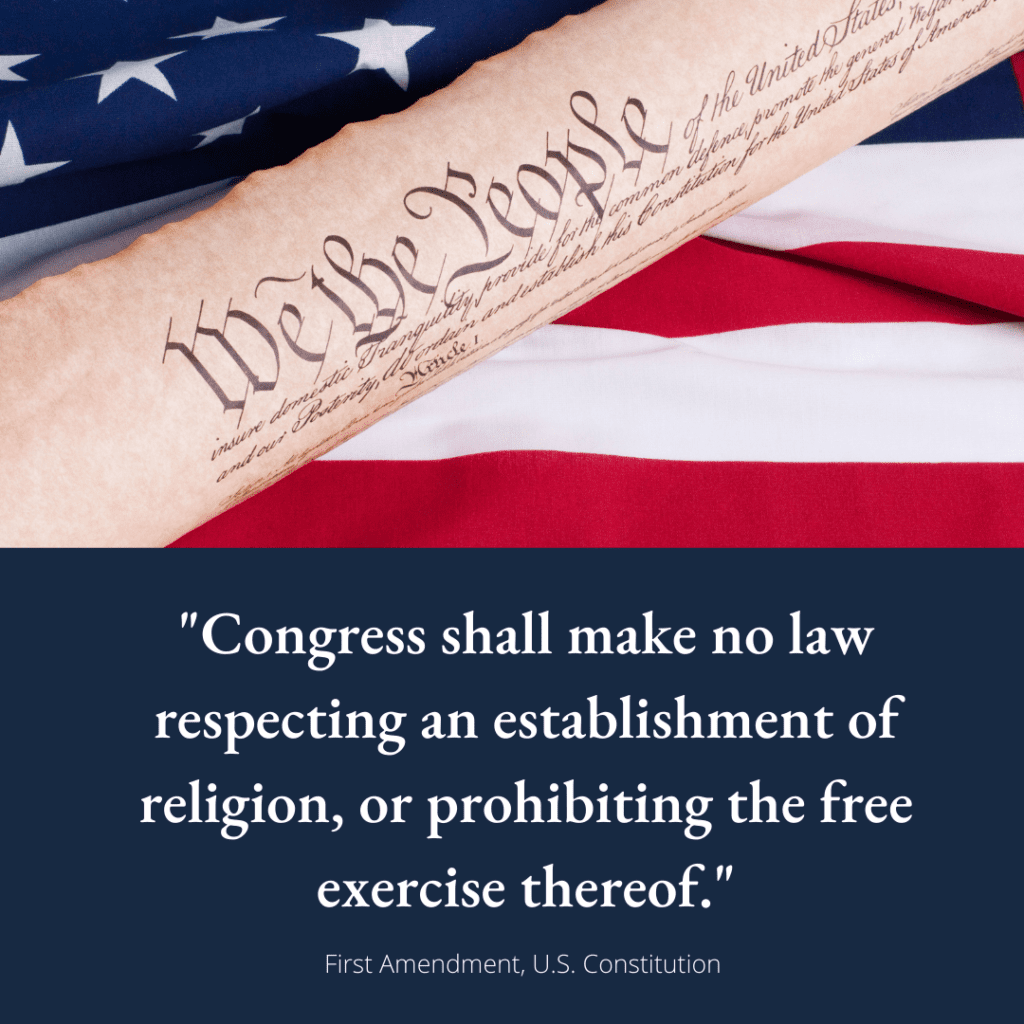
An article titled Religious Freedom in Modern America published by the Presidential Prayer Team delves into the complexities and evolution of religious freedom in the United States, rooted in the First Amendment of the Constitution. This foundational principle, established in 1791, prevents Congress from enacting laws that either establish a national religion or prohibit individuals from freely practicing their faith.
The article highlights the historical and legal developments that have shaped the interpretation of religious freedom in America. Key Supreme Court rulings such as Everson v. Board of Education (1947) and Engel v. Vitale (1962) reinforced the separation of church and state, while the Free Exercise Clause has been instrumental in protecting religious practices from government interference.
In modern times, religious freedom intersects with societal values like non-discrimination and equality, as seen in cases like Masterpiece Cakeshop v. Colorado Civil Rights Commission (2018) and Burwell v. Hobby Lobby (2014). These cases underscore the ongoing debates about the limits of religious freedom, especially when it comes to healthcare, education, and public services.
The article also explores the cultural shifts affecting religious freedom, with a 2021 Pew Research survey indicating that many Americans are concerned about both protecting religious rights and preventing undue religious influence in government. Issues such as Islamophobia, Christian persecution, and anti-Semitism remain a pressing concern for religious minorities, who advocate for stronger protections.
Looking ahead, the report suggests that one of the greatest challenges to religious freedom in the U.S. is balancing federal and state laws. The rise of secularism and shifting social norms around LGBTQ+ rights and reproductive health continue to influence legal battles.
As the 2024 election approaches, presidential candidates are being scrutinized for their stance on religious freedom and its place in shaping a pluralistic society.
This article highlights the ongoing debate surrounding religious freedom, where policymakers must navigate the balance between respecting religious beliefs and fostering social cohesion in an increasingly diverse society.